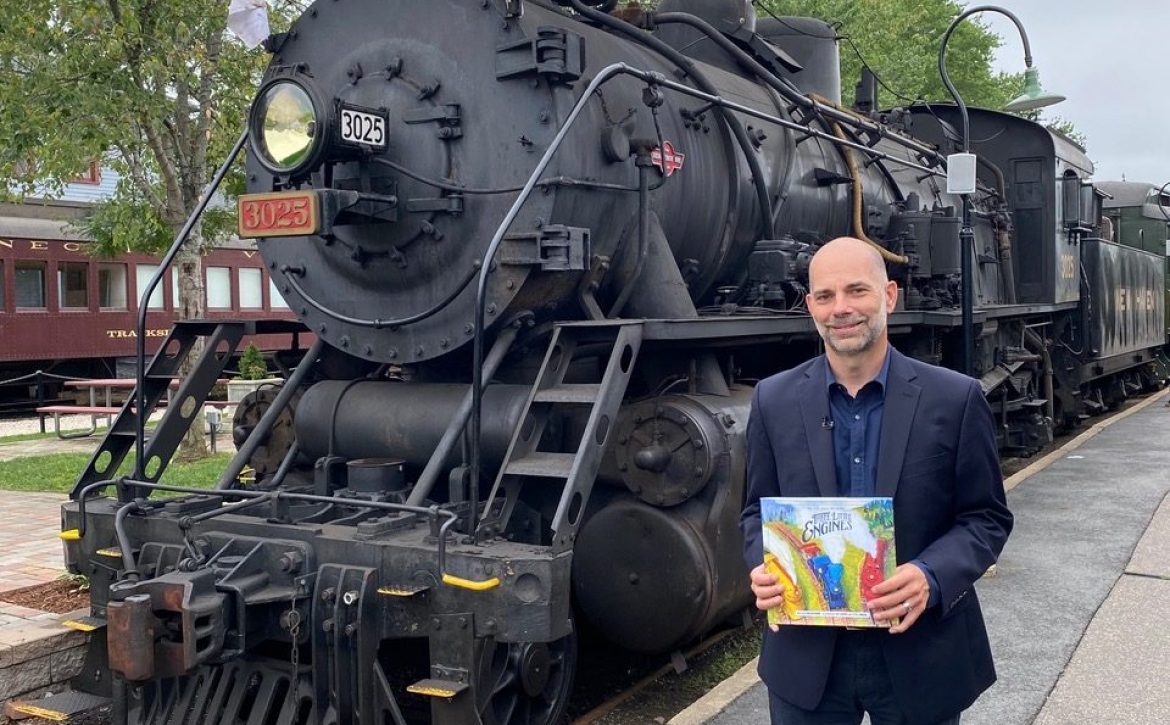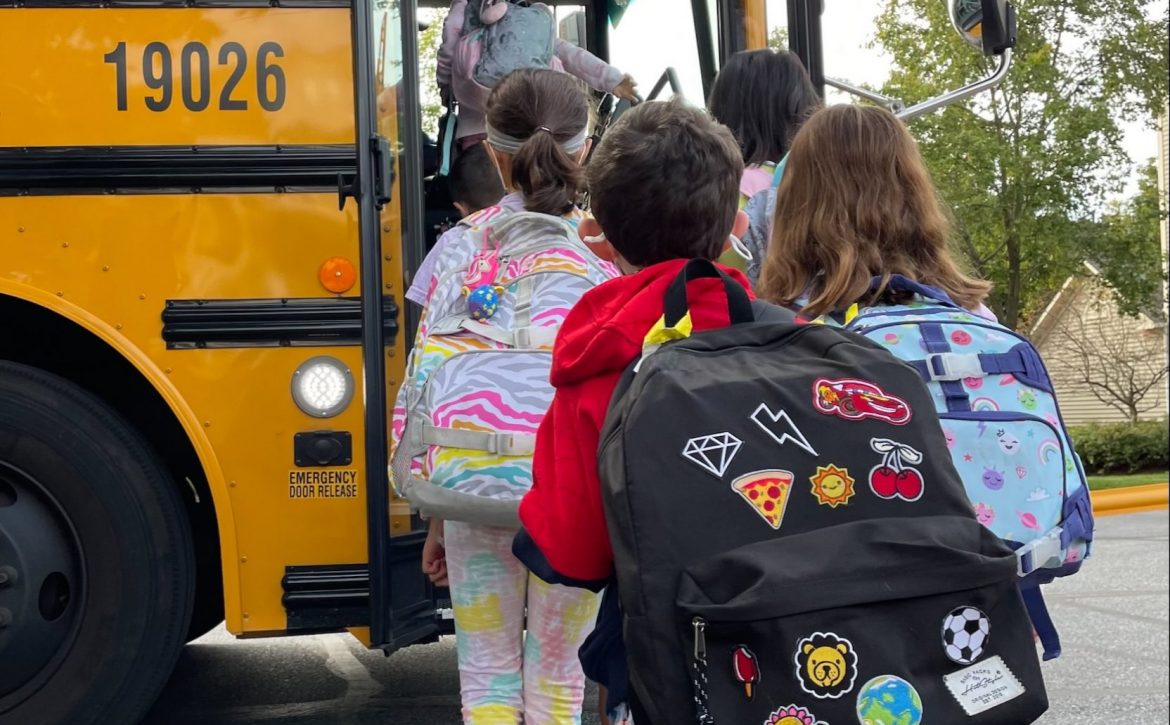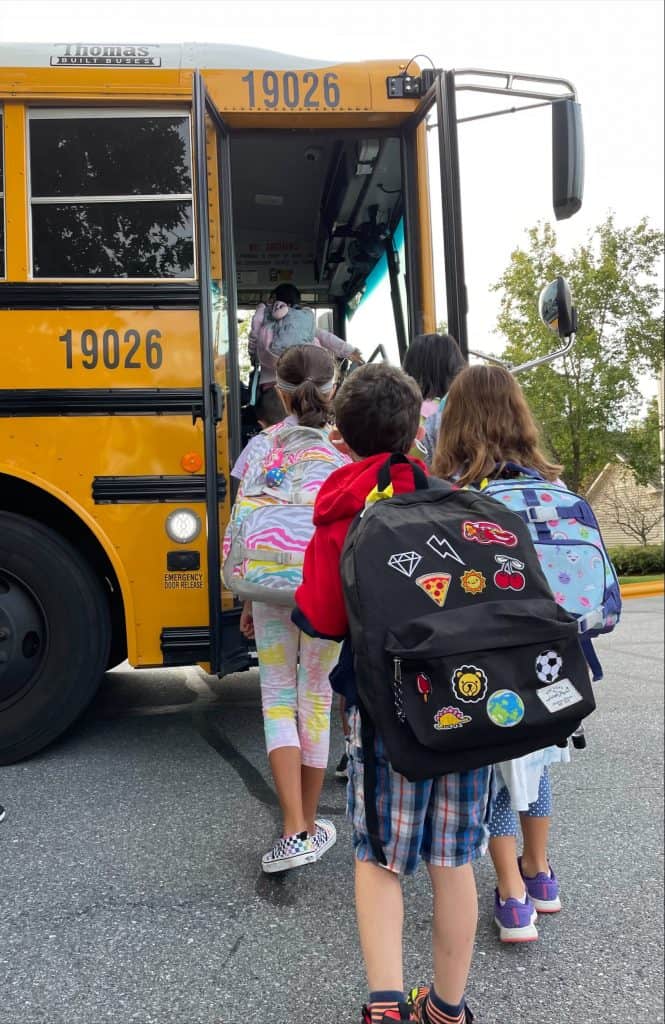What Story Will Our Children Tell About These Last 18 Months?
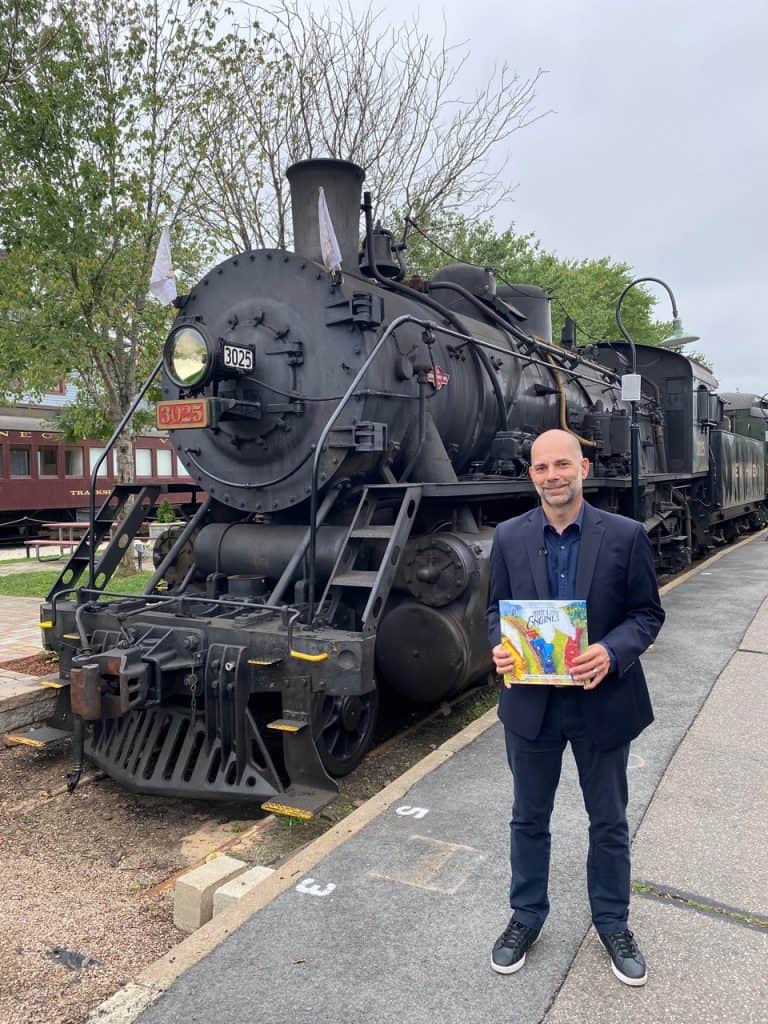
“I think I can, I think I can, I think I can.” This is the famous mantra at the heart of the classic children’s book, The Little Engine that Could.
If ever we needed to encourage our children to believe in themselves and work hard to “make it over the mountain,” it has been these last eighteen months.
Teachers, parents, and, most of all, students, have been asked to overcome a myriad of unprecedented challenges. We don’t need to list them here as, unfortunately, we all know them all too well.
Yet while all have had to work hard to overcome these barriers to learning, we also know that some have had more to overcome than others. It will be years before we can fully understand how far some have fallen behind others.
I wrote Three Little Engines, an update of the classic, well before the pandemic hit, but its core messages seem prescient and instructive today. While the original asked children to believe in themselves (“I think I can…”), Three Little Engines also asks us all to also believe in AND help each other (“I think we can…”).
The Story Goes Like This
It’s graduation day. In order to graduate, three little engines have to make their first solo trip over the mountain, where friends and family wait to celebrate. The Little Blue Engine goes first and makes her way up the mountain, repeating to herself “I think I can” as she chugs up the slope. With clear skies and a positive spirit, she makes her way relatively easily to the other side. But her two friends are nowhere to be seen.
Unbeknownst to her, they have traveled on different tracks with different challenges. The Yellow Engine was caught in a terrible storm, and the Red Engine was stopped by a fallen tree on her tracks. Neither can make it over the mountain to join her for their graduation celebration.
Initially, the Little Blue Engine is confused and frustrated. Did her friends quit? Did they not work as hard as she did?
It is only when prompted by some questions from her teacher, the Rusty Old Engine, does she reflect on how their journey may have been different from her own. They did indeed work very hard and didn’t quit. Rather they just had more obstacles and needed a little more help. With this realization, she is determined to go back up the mountain to help her friends get to the celebration.
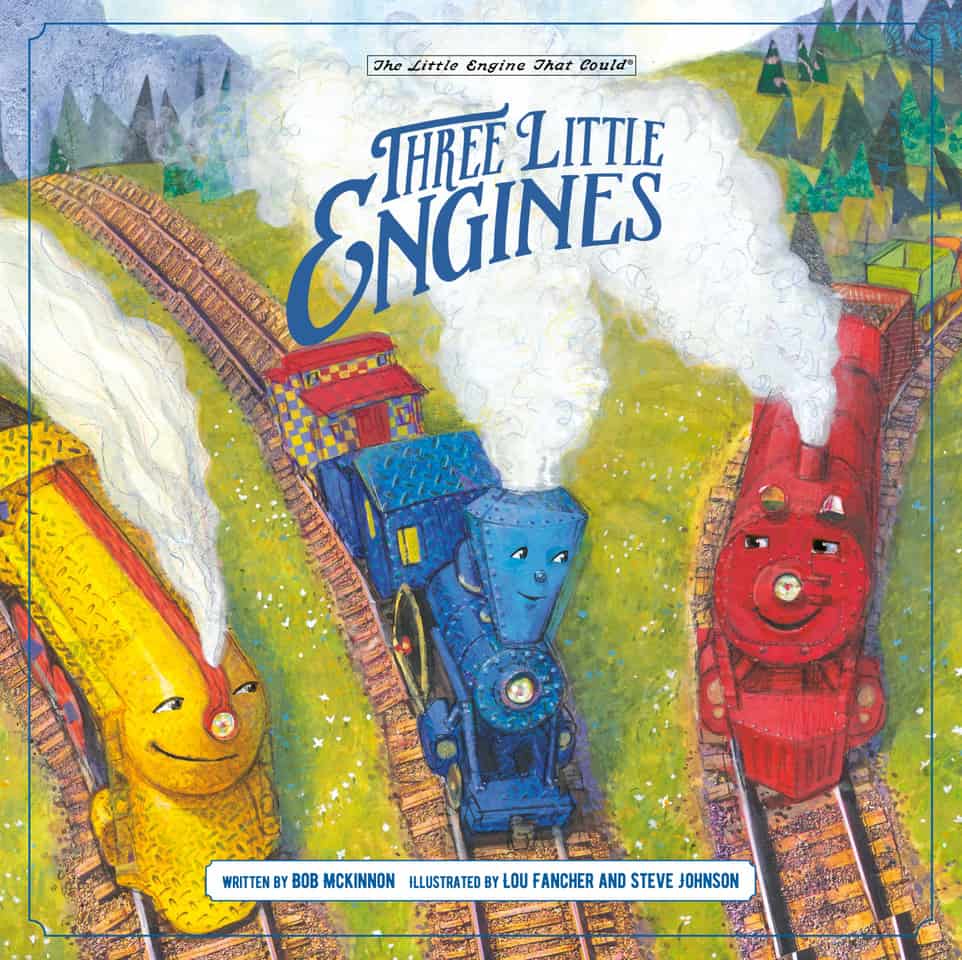
Three Little Engines' Lessons
In the spirit of the Big Heart World framework, the book underscores three opportunities for parents, educators, and children:
- Learning About Me — How do we help children understand their own journey these last eighteen months?
- Learning About You — How do we encourage children to see how others’ journeys may have been different from theirs?
- Learning About Us — How do we create the space for children to seek help for themselves or offer help for others?
This first asks us to have an honest conversation about “attribution” — what internal or external factors have contributed to where we are right now? The second encourages curiosity and empathy. The final requires bravery and kindness.
It has been inspiring to read this book to young children and hear their reaction. They talk about what “trees that have fallen on their track” and who helped to remove them (thank you teachers and parents!). When asked which engine they’d most like to be, most say the Little Blue Engine. Not because her trip over the mountain was easier but because they want to be the one who goes back up the mountain to help their friends. They “get” that the other engines didn’t quit but just needed a little help — and, importantly, that it’s okay to ask for help.
As most kids are back in school, there may be a sense that things are getting back to normal (masks notwithstanding). Understandably, the majority of energy will be to move forward, to make up for lost learning and missed time.
Yet we know how important stories are for our children. It is a primary way in which they make sense of their world. Which story they tell about this challenging time may depend on what stories we help them create today.

